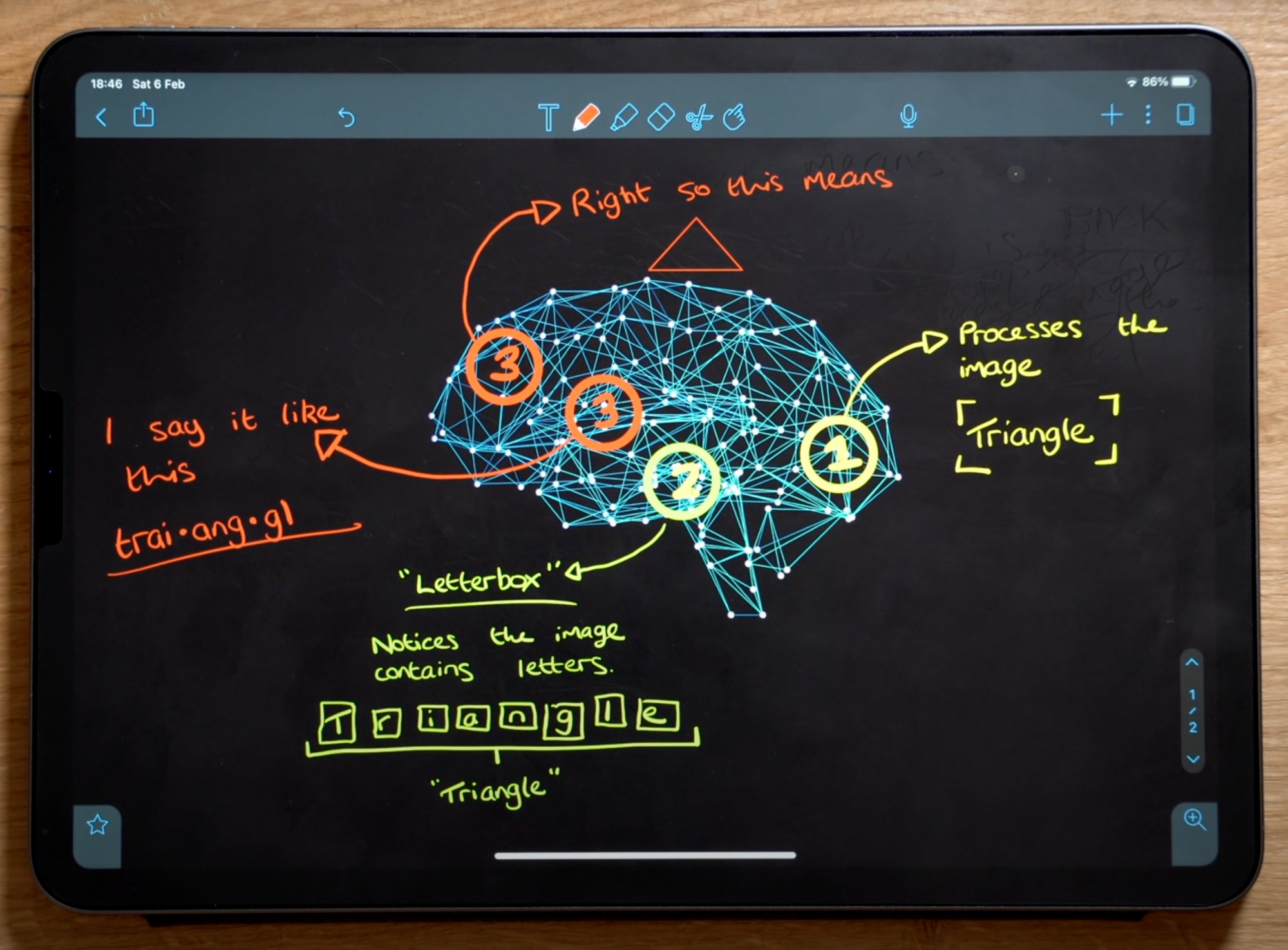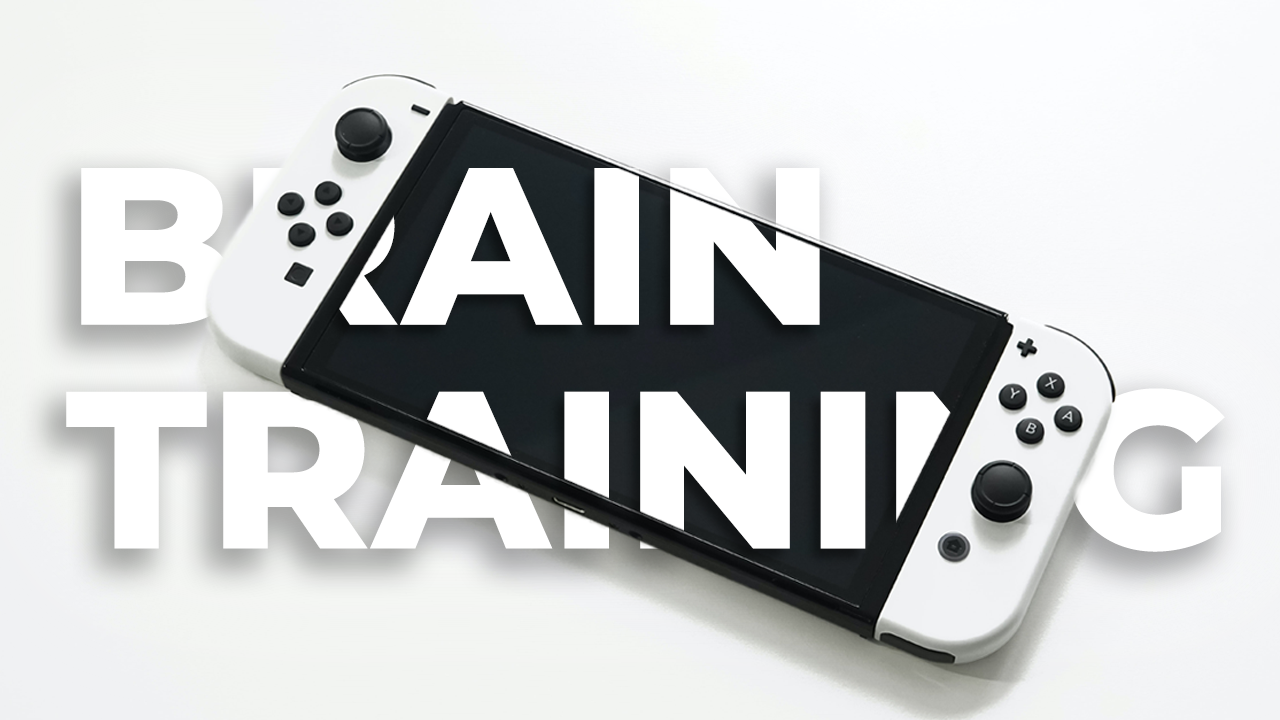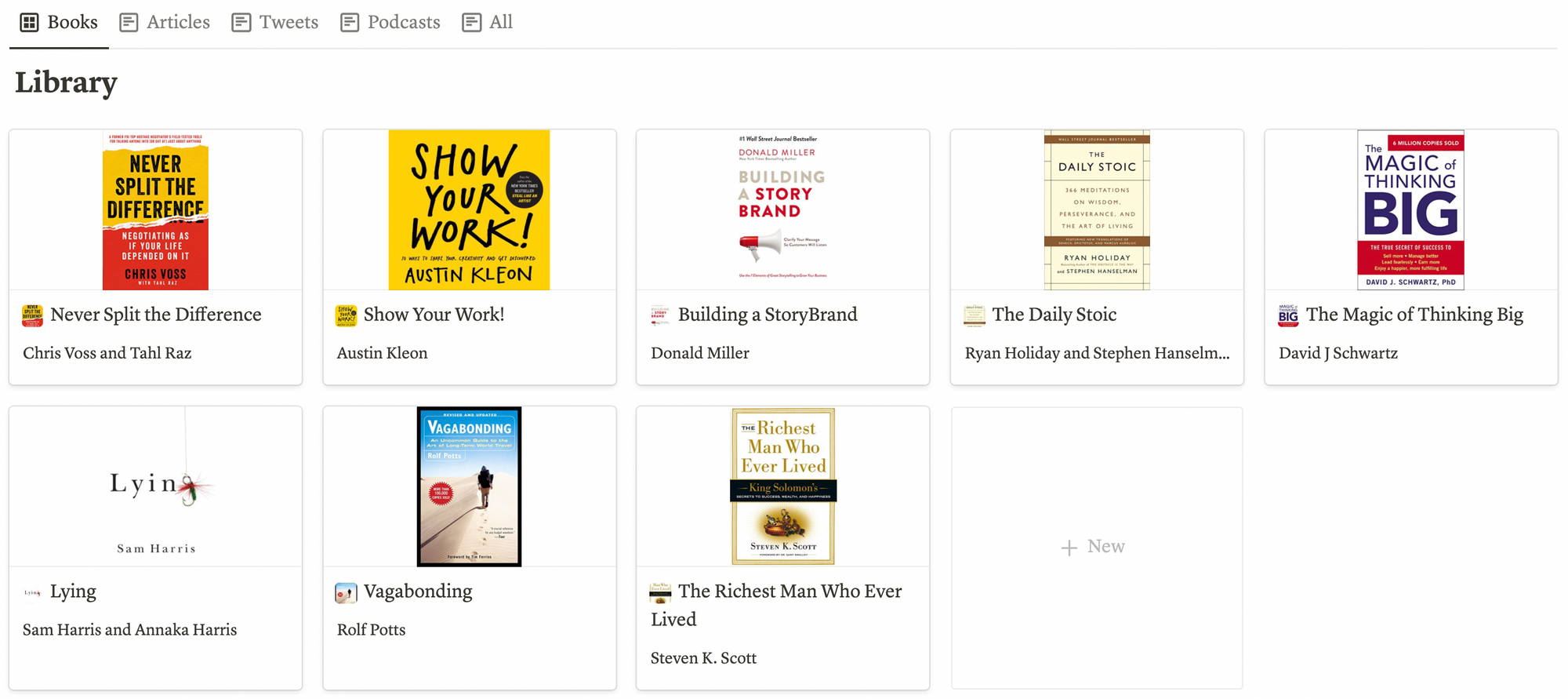Table of contents
I don't read enough. I prioritise finishing the latest Netflix series—currently Top Boy—over reading my newest paperback. If you're anything like me, you'd like to read more. To aid in our endeavour, I'm going to:
- investigate the effects of reading on the brain;
- work out how reading affects memory and emotions, and;
- outline my 3 steps to building a sustainable reading habit.
How Does Reading Affect the Brain?
When we open a book, images of the individual words are captured by the eyes. These are converted into electrical signals and transferred to the back of the brain, where they are processed. The letters within each word are recognised as symbols in the 'letterbox' of the brain—this means that we can recognise them in any font or case. Now that we have processed the combination of letters, the frontal and temporal lobes tell us how the word is pronounced and what it means.

Why Should We Read?
We're very accustomed to 140 character tweets that condense ideas into their most minimal form. This minimalism can be powerful, it forces us to remove the waffle and get down to brass taxes. However, in some cases, it can lead to surface-level ideas that lack a stable backbone.
Returns are made on the way up.
— Naval (@naval) April 7, 2020
Reputations are made on the way down.
Books are the polar opposite of this. The format forces you to dive beneath the surface, understanding the body of water that makes up the shimmering surface. As I've become accustomed to the 140 character limit, I've struggled to persevere through a 140 page book...and that's not even long!
For more detail on the benefits of fiction—both for your empathy and imagination—read the article below.

Memory
One of my worst nightmares is losing my ability to think as I age. Given I'm 24 I should probably leave it a few years before I worry about that. However, I'm still intrigued by the following question: how can we keep our brain functioning well as we age?
The National Institute on Ageing recommends that we keep our minds active and engaged through reading. This study showed that seniors who read a few pages and engage themselves in maths problems keep their brain functioning well as they age.
For more detail on keeping your brain functioning well as you age, you may enjoy this article:

Emotional Regulation
I began my reading journey with self-help. The tangible, instantly applicable lessons allowed me to justify the investment of my time into the book. I didn't read for enjoyment, but for the time-lesson transaction. Recently, I've learned that fiction can benefit us, it's not as simple as the self-help transaction, though.
Reading fiction allows us to delve into the emotional journey of a character. Those who read have an increased ability to empathise with the feelings and beliefs of others, according to this study. Through exploring the character's perspective, it forces you to consider an outlook that differs from your own. Bringing this to reality, you may be able to apply the character's perspective to real-life situations—although I won't be applying Hannibal Lecter's perspective any time soon.
Depression is on the rise, while simultaneously the main treatment options—antidepressants—are being called into question. This has led experts and doctors to reconsider the management options. Reading Well is a scheme by the National Health Service allowing doctors to prescribe self-help books to help manage depression. Helpful to patients both through the act of reading but also through gaining greater understanding of their condition.
Processing Life
Every day we are surrounded by stimuli—phone notifications, conversations, adverts, music, podcasts, and so on. That's a lot to process. If we want to thrive in modern life, we have to be able to cope with the barrage of information catapulted at us.
Reading can help us with that. Through imaging the brain, this study showed that reading improves our ability to process visual and verbal information. Enhancing visual processing can enhance our creativity and imagination. Improving verbal processing allows us to think and, subsequently, speak with more clarity.
Building a Reading Habit
I struggle to prioritise reading in my daily schedule. Currently, I enjoy the process of browsing and buying books more than reading them. That's a problem. It's resulted in a neglected bookshelf. Through understanding the benefits of reading, I'd like to build this into a daily habit. Here are the 3 ways that I will be doing that:
- Start small: Setting a target of 10 pages per day is an achievable goal that may trigger my motivation to continue reading.
- Set reading times: The only time I'll be taking a book into the bathroom is if I run out of toilet roll. I stick to YouTube videos and Instagram stories. However, I've found that setting aside 30 minutes before bed to get through my 10 pages (more likely more), has been a useful way to wind down. Mayo Clinic recommends this to improve sleep.
- Build a book archive: I've been using Notion and Readwise to build an archive of the lessons I've learned from books. This helps to consolidate lessons. Readwise send daily email highlights that I've made through Kindle or iBooks. This acts as spaced repetition to help me remember lessons from books, but also acts as a daily reading reminder.

Explore More!
If you enjoyed this article, you may want to read:




